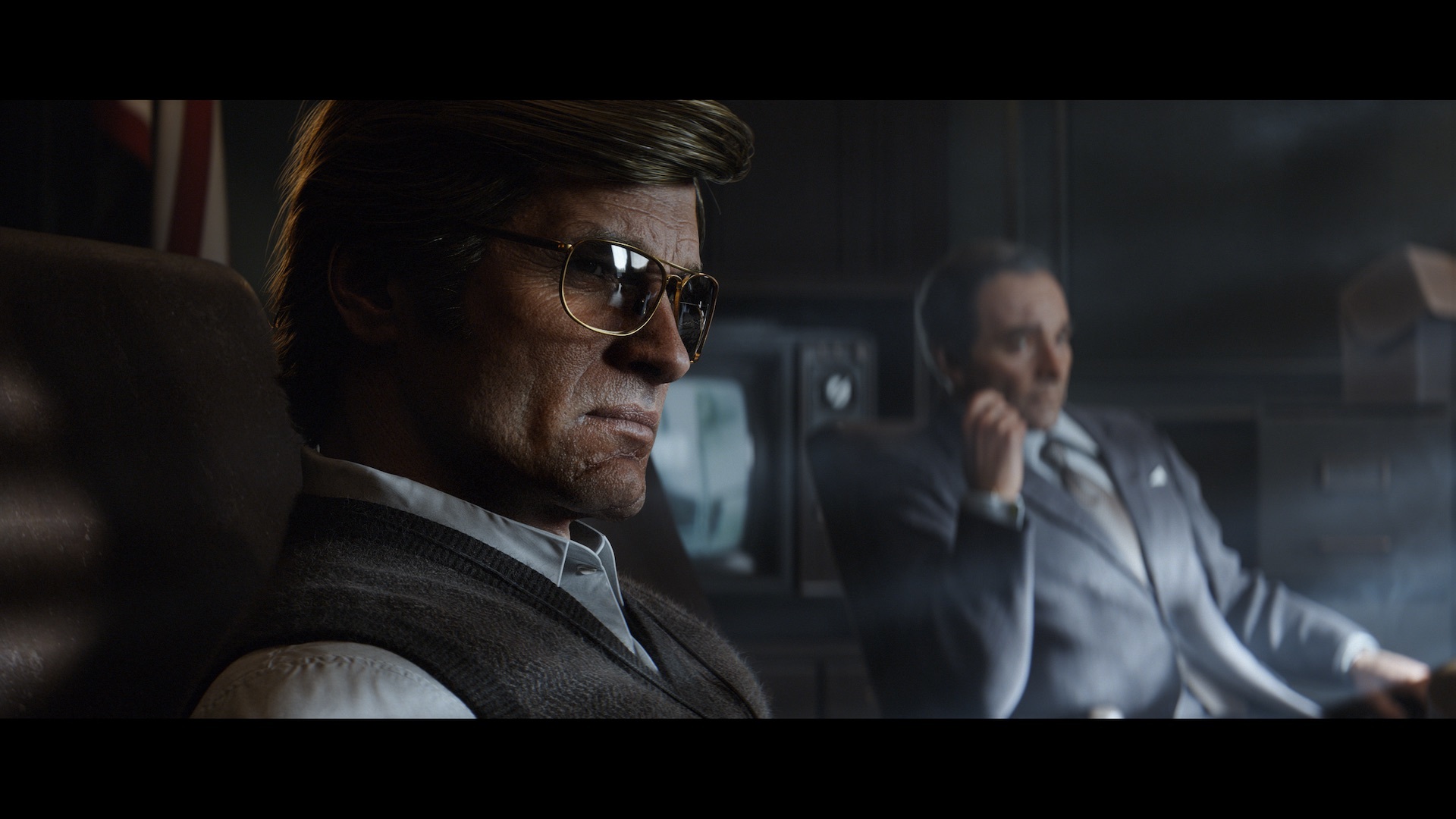


One could make a quarantine drinking game out of “Black Ops Cold War”: Take a sip every time an American warns that the Russians are going to destroy our way of life. This is a game, ultimately, about nostalgia, of looking back toward a time when it was falsely believed that everyone felt a patriotic love for their country. Late in the game, an American agent declares that sometimes military organizations have to cross a line to ensure “the line’s still there in the morning.” “Call of Duty: Black Ops Cold War” wants to walk a line itself, nodding equally to a heavily complex narrative and large-scale, arcade-like action sequences.Įssentially, the single-player narrative of “Black Ops Cold War” didn’t seem entirely confident in itself. Yet the game also wants to show America as flawed and its military as arrogant.Ĭan it do both? Sure, but not without sacrifices. The franchise can’t break free from its pro-America stance, and the latest, a game set amid the stress of the early-1980s Cold War, frames Ronald Reagan as a movie-star hero who viewed the presidency as the role of a lifetime. But the modern single-player “Call of Duty” campaigns are full of narrative tension that speaks to those the game publisher believes are its intended players.Ĭontradictions are present in the newest installment.

These are games designed by global teams of hundreds of people, crafted largely as multiplayer powerhouses that generate money long after the initial sale. This was the conclusion I reached after finishing the single-player campaign in the latest “Call of Duty,” a realization that I don’t believe was entirely unintentional. The United States of America: Boy, we sure are exhausting.


 0 kommentar(er)
0 kommentar(er)
